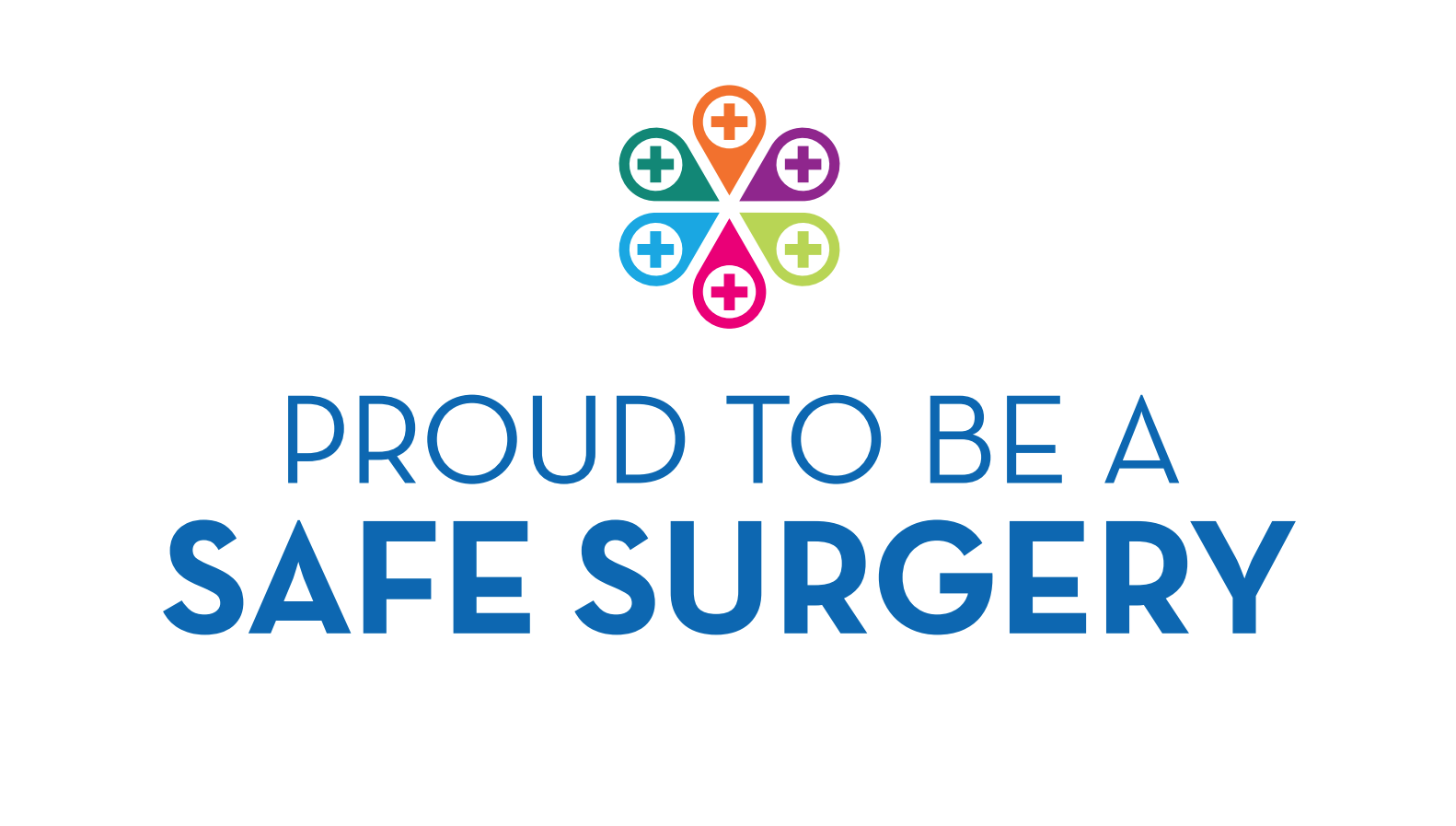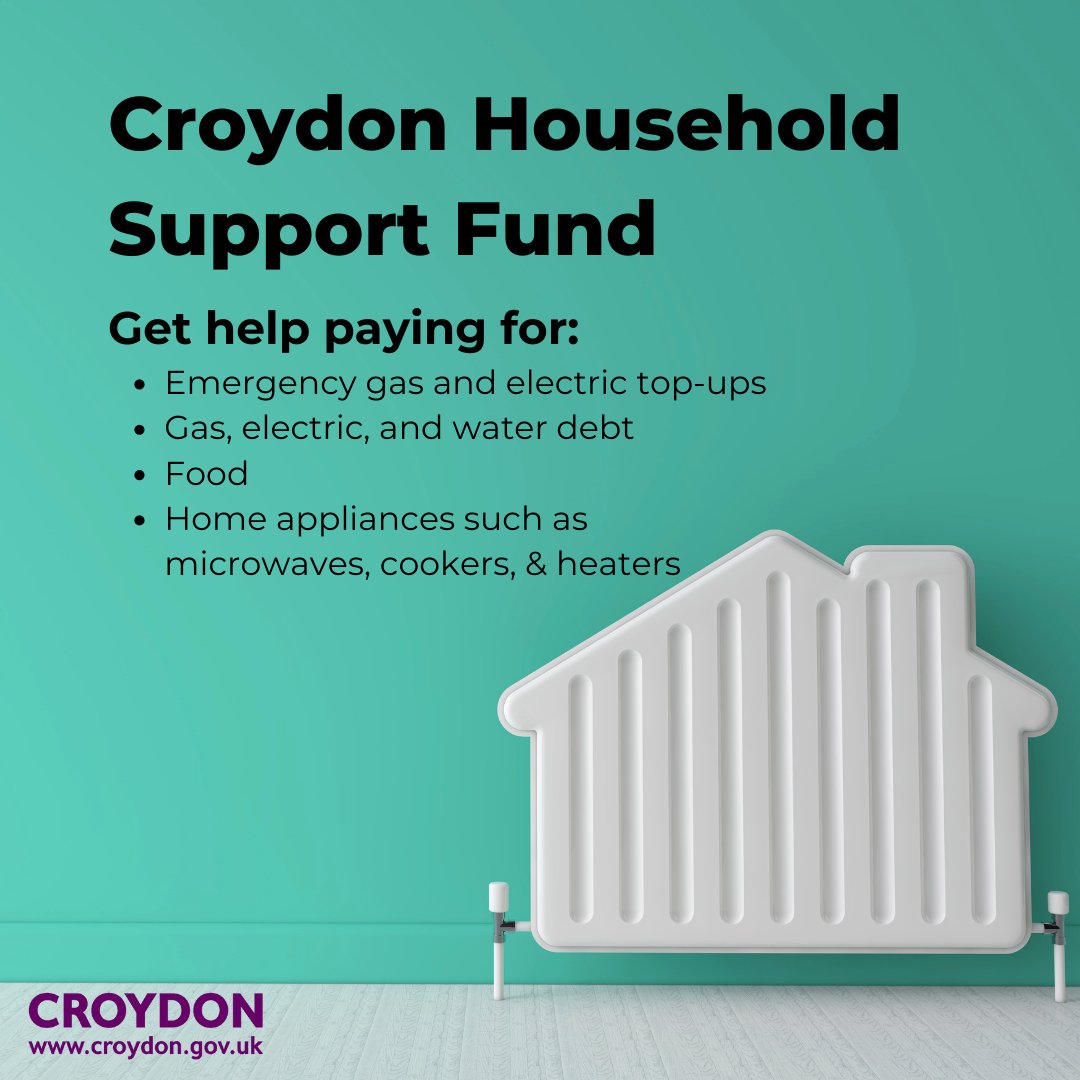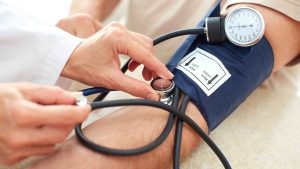Hartland Way Surgery
📍 1 Hartland Way, Shirley, Croydon, CR0 8RG
Telephone: 📞 020 8777 7215
We're open

IMPORTANT NOTICE – 27TH MARCH 2025 Changes to our appointment system Practice Newsletter Winter-Spring 2024/25 London Pharmacy opening hours for Christmas and New Year Holidays 2024/2025 Practice Update following latest NHS developments London Pharmacy opening hours for Summer Bank Holiday 26th August 2024 Practice Newsletter – Summer/Autumn 2024 Household Support Fund (HSF) Newsletter Winter-Spring 2023/24 Newsletter – Summer/Autumn 2023 GetUBetter APP – FREE, easy-to-use tool helping you to self-manage your muscle, bone, and joint (MSK) injuries and conditions. We are a Training Practice! Newsletter – Winter 2022/23 COVID 19 and Flu Vaccines Cervical Screening
Non-NHS Services
Please click the link below for Non-NHS Service Fees – All fees valid from 1st December 2023
Frequently Asked Questions (FAQs) regarding non-NHS work fees
- Isn’t the NHS supposed to be free?
The National Health Service provides most health care to most people free of charge, but there are exceptions: prescription charges have existed since 1951 and there are several other services for which fees are charged.
Sometimes the charge is made to cover some of the cost of treatment, for example, dental fees; in other cases, it is because the service is not covered by the NHS, for example, providing copies of health records or producing medical reports for insurance companies.
- Surely the doctor is being paid anyway?
It is important to understand that many GPs are not employed by the NHS; they are self-employed, and they must cover their costs – staff, buildings, heating, lighting, etc – in the same way as any small business. The NHS covers these costs for NHS work, but for non-NHS work, the fees charged by GPs contribute towards their costs.
- What is covered by the NHS and what is not?
The Government’s contract with GPs covers medical services to NHS patients, including the provision of ongoing medical treatment. In recent years, however, more and more organisations have been involving doctors in a whole range of non-medical work.
Sometimes the only reason that GPs are asked is because they are in a position of trust in the community, or because an insurance company or employer wants to ensure that information provided to them is true and accurate.
- Do GPs have to do non-NHS work for their patients?
With certain limited exceptions, for example a GP confirming that one of their patients is not fit for jury service, GPs do not have to carry out non-NHS work on behalf of their patients.
Whilst GPs will always attempt to assist their patients with the completion of forms, for example for insurance purposes, they are not required to do such non-NHS work.
- Is it true that the BMA sets fees for non-NHS work?
The BMA suggests fees that GPs may charge their patients for non-NHS work (i.e., work not covered under their contract with the NHS) to help GPs set their own professional fees. However, the fees suggested by the BMA are intended for guidance only; they are not recommendations, and a doctor is not obliged to charge the rates they suggest.
- Why does it sometimes take my GP a long time to complete my form?
Time spent completing forms and preparing reports takes the GP away from the medical care of his or her patients. Most GPs have a very heavy workload and paperwork takes up an increasing amount of their time, so many GPs find they must take some paperwork home at night and weekends.
- I only need the doctor’s signature – what is the problem?
When a doctor signs a certificate or completes a report, it is a condition of remaining on the Medical Register that they only sign what they know to be true. To complete even the simplest of forms, therefore, the doctor might have to check the patient’s entire medical record.
Carelessness or an inaccurate report can have serious consequences for the doctor with the General Medical Council (the doctors’ regulatory body) or even the Police.
- What will I be charged?
The BMA recommends that GPs tell patients in advance if they will be charged, and what the fee will be. It is up to individual doctors to decide how much they will charge, but the BMA produces lists of suggested fees which many doctors use. Surgeries often have lists of fees on the waiting room wall based on these suggested fees.
- What can I do to help?
Not all documents need a signature by a doctor, for example passport applications. You can ask another person in a position of trust to sign such documents free of charge.
If you have several forms requiring completion, present them all at once and ask your GP if he or she is prepared to complete them at the same time to speed up the process.
Do not expect your GP to process forms overnight: urgent requests may mean that a doctor must make special arrangements to process the form quickly, and this will cost more.








